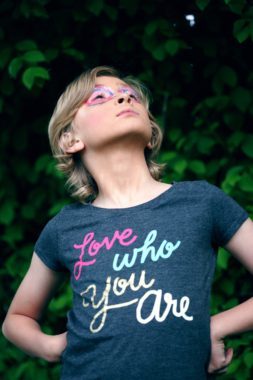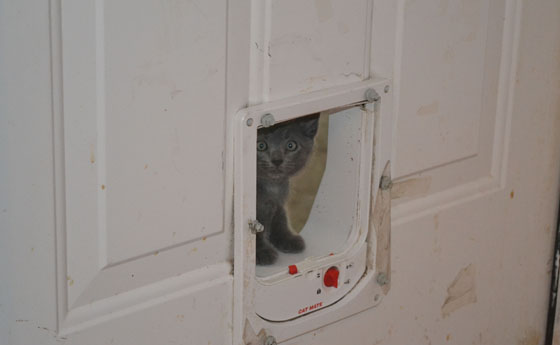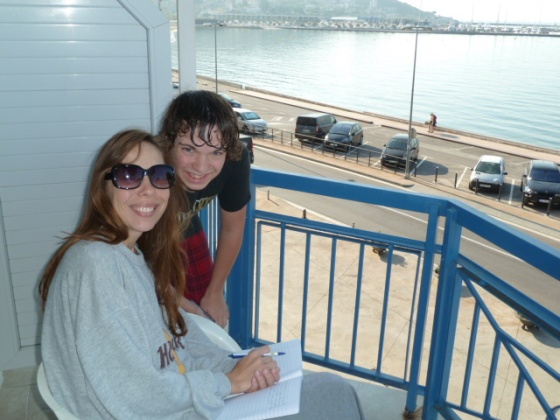
The Good Girl
The Good Girl
I pounded on the apartment door! My babysitter had locked me out and was alone with my baby brother. I kicked, screamed, tried to climb through the kitchen window, called him whatever names my eight-year-old self knew. I had been playing outside, wanted to come in, and he locked me out. Every moment I had felt powerless in those eight years of life, collected, and spewed out of me with a fierce passion to right a wrong. Babysitters weren’t supposed to lock children out of their homes.
I don’t remember how the scene ended. It’s possible I went to his apartment across the courtyard and told his mother or brother what he had done. The next memory I have is lying in bed that night feeling terribly guilty for my display of anger. So guilty that the following day I begged my mother to take me to the store to buy flowers for him. I needed to apologize. By eight years old, I had learned that being a good girl and having others perceive me as good was more important than standing up for myself. If I had kept quiet and not created a scene eventually, my parents would’ve come home, and then I’d never have felt like such a bad person.
Thus, began my journey of figuring out how to be good despite how others treated me.
When I found my thirteen-year-old self being preyed upon by adult men, my teenage mind tried to walk the line of protecting myself while still considering the predator’s feelings. “Thank you for offering to share your hotel room with me, but I’ll be fine,” I said this to a thirty-something-year-old man while sitting on the tarmac. The plane had been delayed overnight. I can actually remember sitting in the aisle seat, warning signs flashing in my teenage brain while I tried to figure out if the man with the window seat was being nice or if I was in danger because if he was being nice, I didn’t want to hurt his feelings. Thank goodness I listened to the signs that screamed, don’t go with him!
The good news is, I was able to get away every time those warning sirens went off even when I moved to LA to be an actress and had expectations placed on me after being promised a role. By nineteen, I was an expert at listening to my gut even if it meant locking myself in a bathroom, and then making a run for it! The bad news is every encounter left me in pain because even though I had protected myself, I felt guilty for hurting someone’s feelings.
When I became a mom, guess what I inadvertently taught my children? Be good, worry what other people think. I didn’t fully understand that I had done this until my college-age son apologized to me for not being good all the time like me. This came as a shock because I had never seen him as bad, just independent, and I never consciously made a choice to tell him to be good, although it was the message he received, just like my eight-year-old self.
Recently, I was talking to a former teacher, the conversation was about horses, but he gave an example of a student who was always well behaved, then upon receiving their first referral having a meltdown because a referral equaled bad. He said something like kids should know it’s okay if they’re bad sometimes. It shouldn’t be a big deal. His words hit me like a rock shattering my identity. I’d never told my kids that it was okay to be bad. How could I? I never believed it was okay to be bad even when others were predators. Being a good girl was so much a part of me I couldn’t see it to question it.
Being bad is human. Mistakes happen. Lessons are learned. No one should have to live up to the expectation of always being good.
I’m finally telling my eight-year-old, thirteen-year-old, and nineteen-year-old self, that protecting yourself, speaking your truth, is far more valuable than worrying about the feelings of those who tried to hurt you.
And that’s being a good girl.
Photo by Sharon McCutcheon on Unsplash


